Rachel Sklar: This is an everywhere story
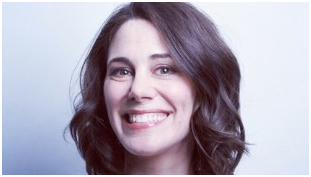 The allegations against Harvey Weinstein are grotesque and horrifying and familiar. How many women read about Weinstein literally blocking a woman’s path, and thought, “Yep, I’ve been there”? How many women remembered their own experiences pushing away unwanted embraces and uninvited hands? Or worse?
The allegations against Harvey Weinstein are grotesque and horrifying and familiar. How many women read about Weinstein literally blocking a woman’s path, and thought, “Yep, I’ve been there”? How many women remembered their own experiences pushing away unwanted embraces and uninvited hands? Or worse?
This isn’t just a Hollywood story. This is an everywhere story. It’s the story of men in power using and abusing it against women, cajoling and taking, berating and threatening, trapping and menacing. It’s the story of women being doubted and called crazy or labeled as gold diggers or attention seekers, or more likely not saying anything at all because by all available metrics that’s the safest, easiest way to go. And yes, it’s the story of thinking that when you’re a star, they let you do it, you can do anything.
There are many things that are truly shocking about the Harvey Weinstein story — the brazenness of the overtures, the sheer number of women he allegedly harassed, intimidated and forced himself upon — but the mind reels at realizing just how many people had to have known something for so long. Assistants and producers and actors and publicists and colleagues (and “procurers” to make things even grosser) — that this was such an open secret speaks to the normalization of treating women as casually disposable objects. And it speaks to a culture that not only tolerates, but lionizes, the men who treat them that way.
Rachel Sklar is a New York-based writer and co-founder of Change the Ratio, which aims to increase visibility and opportunity for women in tech and new media, and TheLi.st, a network and media platform for women.
Don McPherson: Men have to break the silence
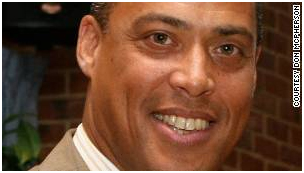 I have been working to prevent men’s violence against women since I retired from pro football in 1994. Awareness of the problem has grown, but critical, underlying causes remain unchecked. Men are still silent.
I have been working to prevent men’s violence against women since I retired from pro football in 1994. Awareness of the problem has grown, but critical, underlying causes remain unchecked. Men are still silent.
I came to realize we don’t raise boys to be men, we raise them not to be women. In other words, we don’t deliberately nurture boys to be emotionally whole (and nonviolent). We leave them vulnerable to a broader culture dominated by patriarchy and traditions of silence from men — about themselves, and the sexism and misogyny that harm women.
To break that silence I examined the culture in which I was nurtured. This led me to a crucial question I ask all men. “What’s the worst insult you heard as a boy?” The answer: “You throw like a girl!” This charge enforces a narrow view of masculinity — demanding that boys “man up” — and delivers an insidiously dangerous message that girls and women are “less than.”
My work is focused on the deliberate and intentional engagement of boys and men, not simply to prevent violence against women, but to help boys and men recognize how sexism diminishes them while simultaneously supporting a culture of misogyny and silence about men’s violence against women.
Don McPherson is a member of the College Football Hall of Fame, a feminist and social justice educator. Follow him on Twitter @donmcpherson.
Charlotte Kramon and Eunice Park: Women and girls have to engage in discussion — even when we aren’t welcome
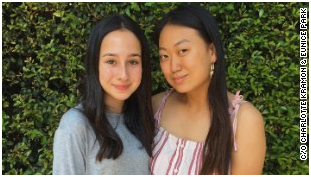 The only way for women and girls to remain an influential part in society is to constantly engage in discussion, even when we aren’t welcome. We constantly struggle with stereotypes against girls who are intelligent, articulate, and active members of school and society – a role still associated with men. An “intimidating” girl describes an intelligent girl involved in many extracurriculars, like we are. When one of us was repeatedly targeted and insulted by a male in our class, we were called “mean” and “aggressive” for standing up for ourselves.
The only way for women and girls to remain an influential part in society is to constantly engage in discussion, even when we aren’t welcome. We constantly struggle with stereotypes against girls who are intelligent, articulate, and active members of school and society – a role still associated with men. An “intimidating” girl describes an intelligent girl involved in many extracurriculars, like we are. When one of us was repeatedly targeted and insulted by a male in our class, we were called “mean” and “aggressive” for standing up for ourselves.
A 17-year-old girl from China recently told us that her parents wanted a boy, and therefore left her in an orphanage. She grew up assuming that male was the better sex, and told people that she wanted a career that helped males, such as a nurse or cook. She now knows women are just strong as men, and wants to be a scientist. We want other girls to be aware of their strength and potential, too. Women must have opportunities to be represented as powerful figures, from directors to politicians, or as mothers. We take issue with the fact that we don’t feel enough is being done to change the view of “girl.” Even as ordinary teenagers with school and homework, we believe, together, we can initiate change.
Charlotte Kramon & Eunice Park are high school students and co-editors of The GIRLTALK Magazine, a publication completely run and organized by high school students in Los Angeles, CA and dedicated to starting and spreading the conversation surrounding feminism, women, and other gender related issues around the globe with other teens. Follow them on Instagram @thegirltalkmagazine.
Danai Gurira: Listen and learn what it feels like to be a girl
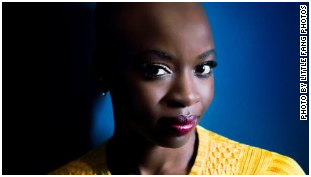 On International Day of the Girl, it is important that we remember how much is at stake. Remember the girl in Mali who cannot go to school, but watches her brother go every day. Remember the girl in Chad in a forced marriage, the girl who has never had a chance to explore her potential before becoming a wife, a mother. Remember the girl kidnapped from her school in 2014 in Northern Nigeria, who was forced to become the “wife” of a rebel army member and is going through hell daily.
On International Day of the Girl, it is important that we remember how much is at stake. Remember the girl in Mali who cannot go to school, but watches her brother go every day. Remember the girl in Chad in a forced marriage, the girl who has never had a chance to explore her potential before becoming a wife, a mother. Remember the girl kidnapped from her school in 2014 in Northern Nigeria, who was forced to become the “wife” of a rebel army member and is going through hell daily.
And remember the women right here in the United States, who have been assaulted and violated and disrespected by powerful men and silenced by corrupt systems of power and control. Remember that girl in every woman you encounter who deserves to discover her potential, her power, and how to fly.
She must function in a world that too often treats her like prey, clips her wings, burdens her with tormented memories of fear and shame. Remember that girl today, the same girl inside so many women, full of wounds but bandaged over with silence and a smile.
Remember the world she is in, so often hostile to her truth, to the fullness and volume of her voice. The world that convinces her she is always to blame. Take the time today not only to remember, but to listen, to learn, to start to understand what if feels like, in this world, for a girl. And resolve to make it better. For her.
Danai Gurira is an actress, best known for her role on “The Walking Dead,” and starring in Marvel’s upcoming “Black Panther and Avengers: Infinity War.” She is also a Tony Award-nominated playwright, activist and the founder of LOGPledge.org.



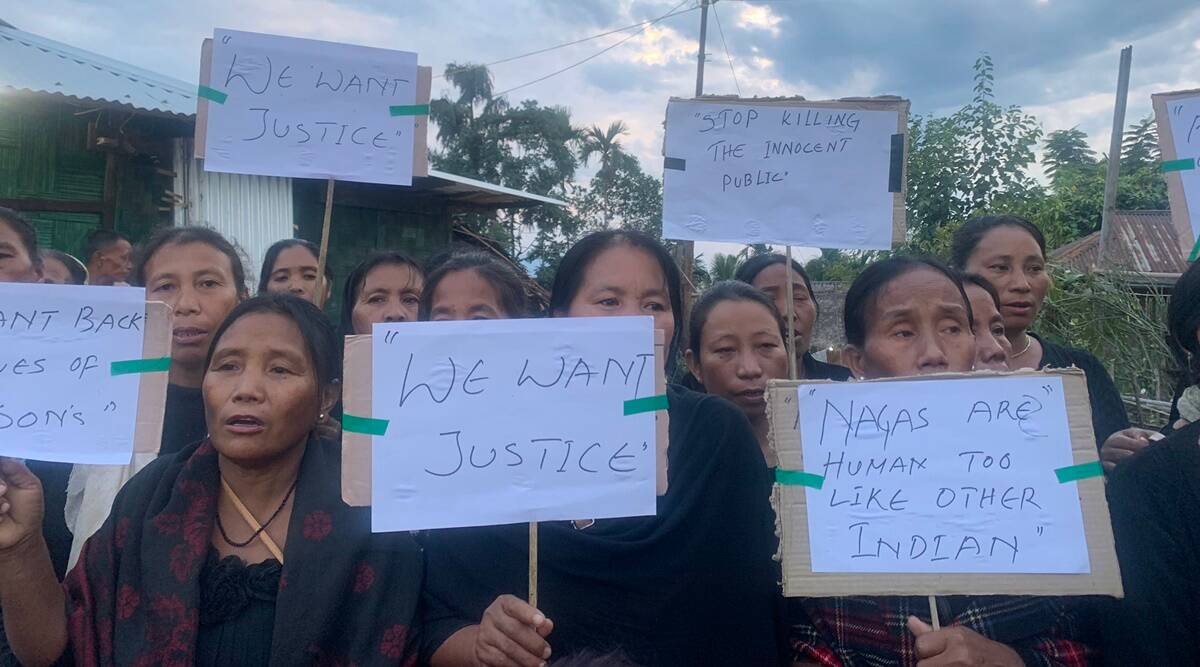



 The Top Viral YouTube Videos of 2017
The Top Viral YouTube Videos of 2017 What Does Your Face Say About Your Health?
What Does Your Face Say About Your Health? An orbiting message of peace
An orbiting message of peace The last Konyak headhunters of Nagaland
The last Konyak headhunters of Nagaland





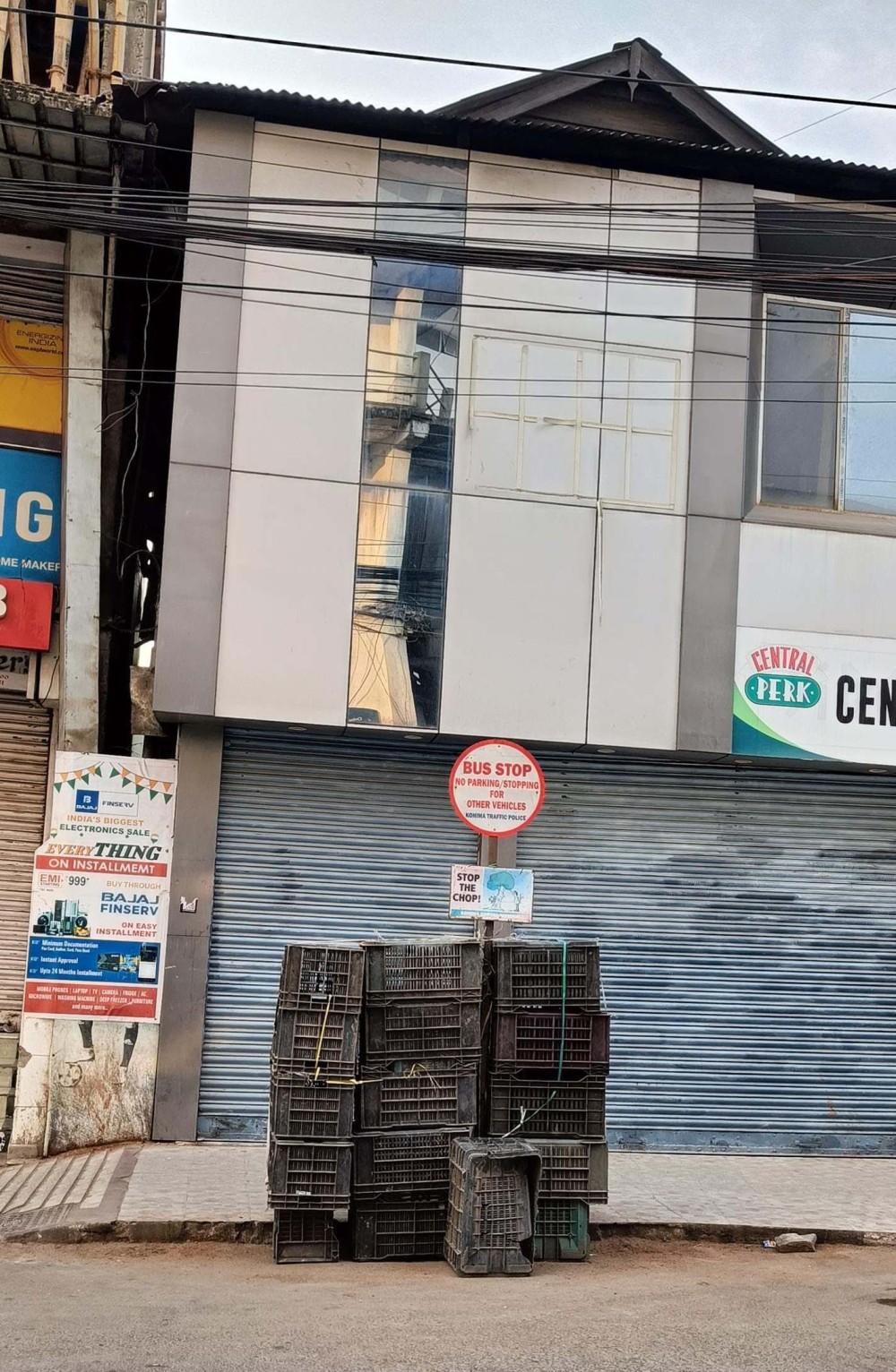
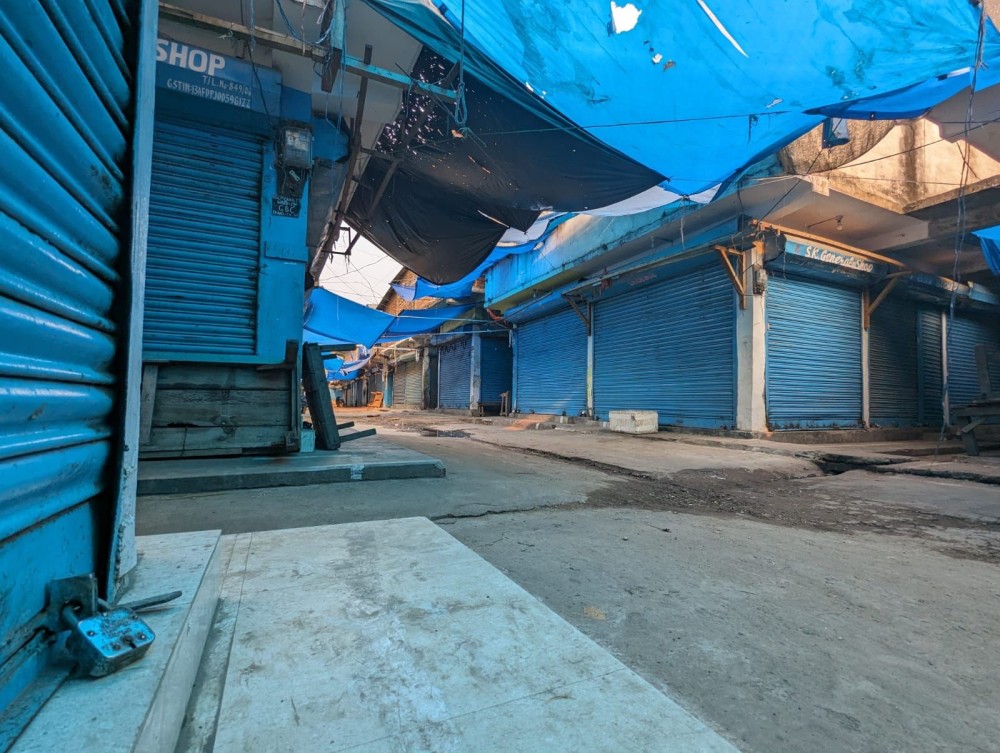
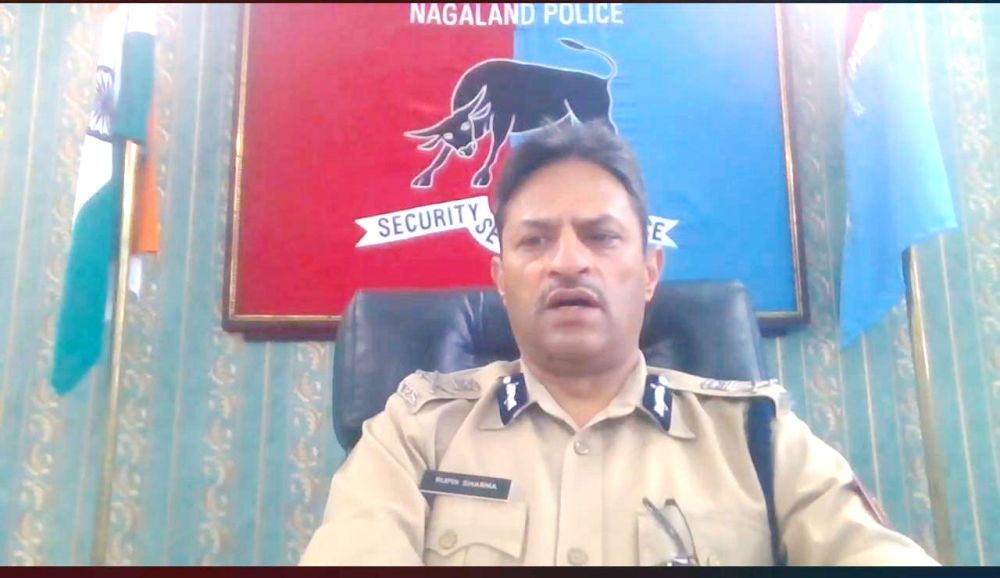
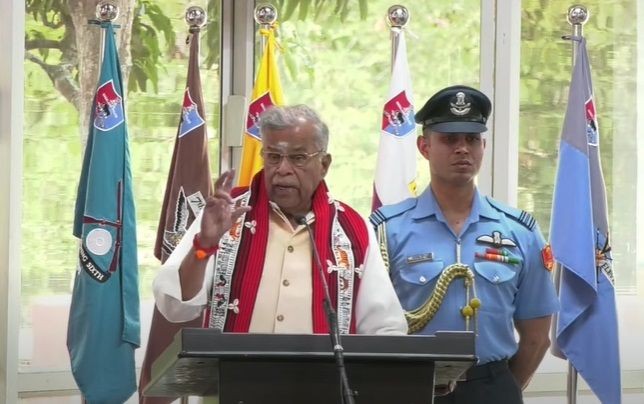
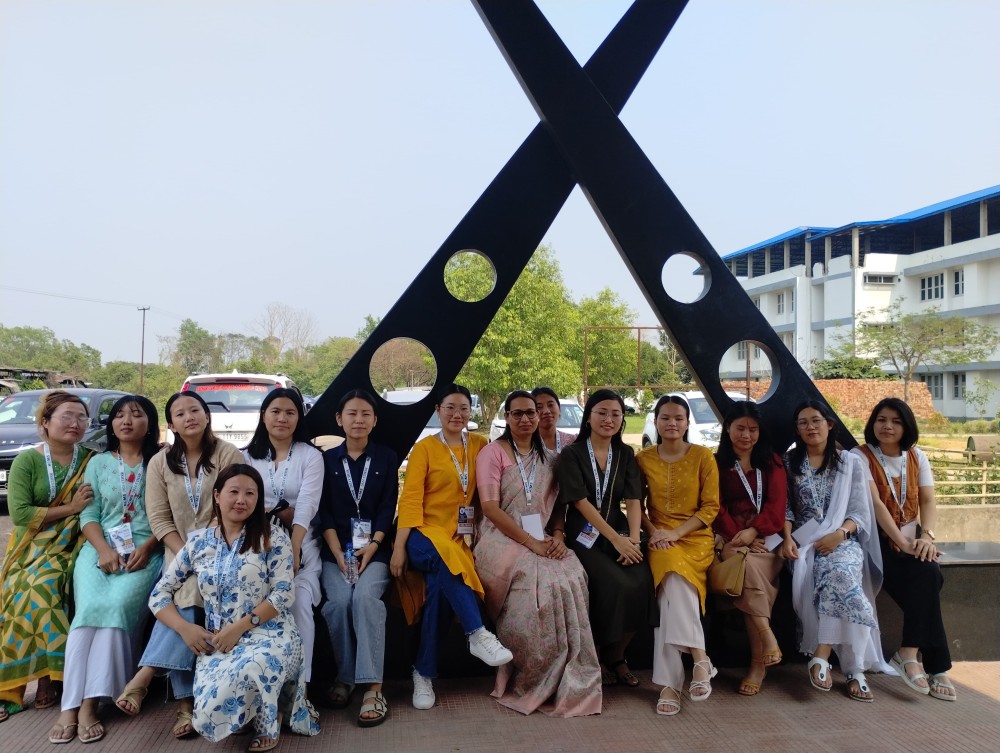
Leave a Reply
Your email address will not be published. Required fields are marked (required)